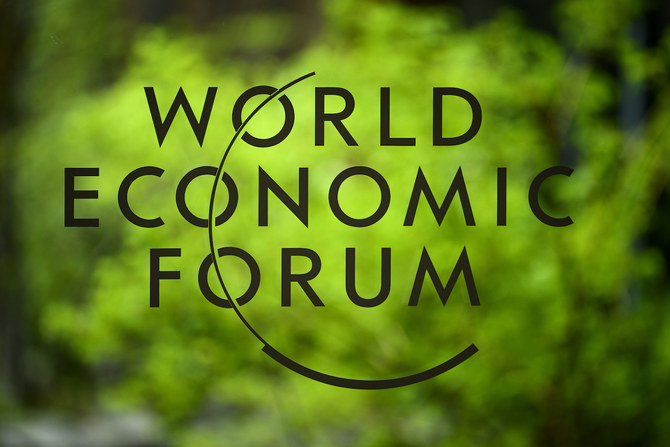
- ARAB NEWS
- 02 Jul 2025

More than two years after the outbreak of the pandemic, the World Economic Forum is finally back in Davos whch started on Sunday, albeit with a significant twist.
Delegates at this year’s face-to-face event will be more likely to be packing sandals than ski boots, as the Swiss resort hosts a warmer, springtime version of the flagship networking forum.
Yet, while the timing is new, much of the tradition of Davos is likely to remain in what is being billed as the first global opportunity for leaders from business, government and civil society to come together again and set the agenda for sustainable recovery in the post-pandemic world.
Among the star guests this year, which include about 50 heads of state or government, is Ukraine’s President Volodymyr Zelensky, who will deliver a speech on Monday via videoconference. His main message will be on post-war rebuilding of his nation, which will require hundreds of billions. The WEF has frozen all relations with Russia amid the war.
Another way the WEF is following tradition in 2022 is by tackling key issues facing society: One of the event’s big theme this year is “working together, restoring trust.” Some critics have highlighted the irony that what is sometimes seen as an exclusive club for the global elite is focusing on integration and trust.
However, the topic is essential for the world to address. There is declining trust across much of the world and, after decades of progress in addressing poverty and income inequality, the pandemic has brought about the first rise in extreme poverty in a generation.
To be sure, governments over the past two years have rolled out some of the largest social spending programs ever seen. But vaccine inequality and inflation, especially rising food and energy prices, threaten to widen the gaps.
This is especially so, as the WEF warned this week, as the outlook for global growth looks far from promising. While countries are easing travel restrictions, lockdowns in China — Beijing’s response to the omicron variant’s spread — are aggravating global supply chain disruptions.
So to truly recover, we must stabilize economies, and also ensure they are more resilient and fair, providing social mobility, jobs and equitable opportunities for all amid heightened mistrust, as well as the spread of misinformation and disinformation.
While countries are easing travel restrictions, lockdowns in China — Beijing’s response to the omicron variant’s spread — are aggravating global supply chain disruptions.
Andrew Hammond
With the worst of the pandemic seemingly now over in much of the developed world, it could be the right moment to turbocharge this conversation in 2022.
The WEF is, therefore, seeking to renew global cooperation and shared prosperity. Specific initiatives under discussion in coming days in Switzerland include pandemic recovery, tackling climate change, the future of work, accelerating stakeholder capitalism and harnessing new technologies.
The goal of rebuilding trust is not just an important end in itself, but is also key, indirectly, to rebuilding the world’s social and economic systems with forward-looking, fair and sustainable solutions.
Opinion surveys for years, if not decades in some nations, have highlighted the erosion of trust in many elite institutions. Moreover, the standing of a number of governments has been further set back by perceived mishandling of the pandemic.
Yet, while trust in many elites continues to weaken, some surveys simultaneously point to a rebound in perceptions of business. This potential trend is interesting since the opposite phenomenon, declining confidence in corporates, was one of the key legacies of the 2007-08 global financial crisis.
One manifestation of this rising tide of distrust had been that stakeholder belief in what many firms said and did was undermined. This posed new challenges for firms looking for innovative ways to reconnect with the public.
Many businesses have sought to rebuild trust in the period since then through tried, tested techniques, such as creating good new jobs. Yet, beyond this, a growing number of firms have used new ideas to restore credibility, and some of this may now be paying off in terms of public opinion.
One example is founded on the apparent paradox that while there had been growing distrust of business, many people nonetheless expect the private sector to play a greater role in society. This includes helping tackle grand challenges, from climate change to growing economic inequality.
Of course, firms have long demonstrated social responsibility through philanthropic programs, for example. However, businesses increasingly recognize the value of doing long-term good, with commitments in areas including net zero and social justice.
As we embark on the next phase of recovery, the WEF asserts that it is important to deliver what it calls stakeholder capitalism to ensure prosperity touches not only shareholders, but also employees, customers, suppliers and local communities.
Innovation shown by many businesses in reconnecting with society in this way may contain insights for others. The challenges facing the world in the wake of the pandemic will be best addressed with greater trust and cooperation across the private, public and third sectors in a massive, integrated recovery effort.